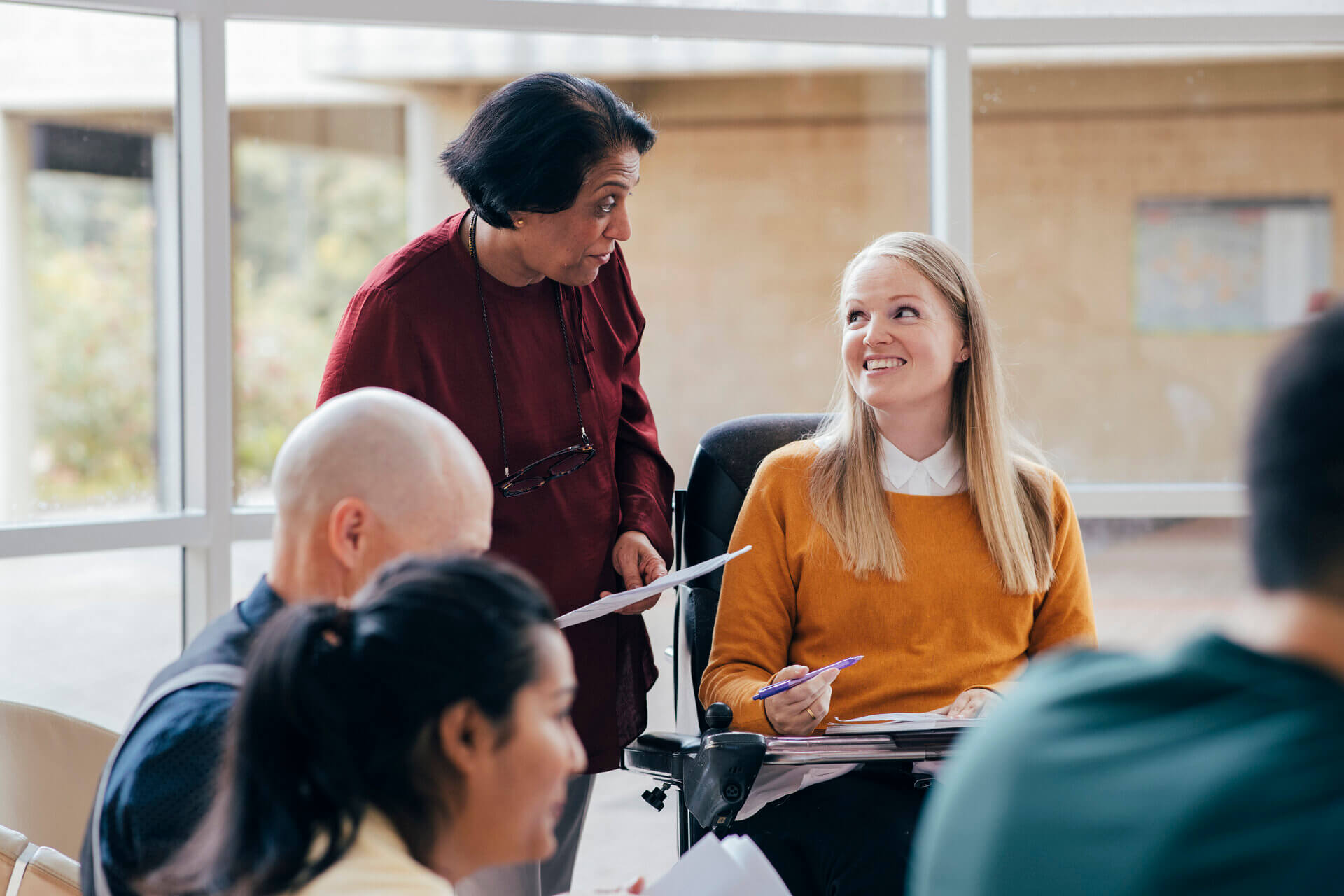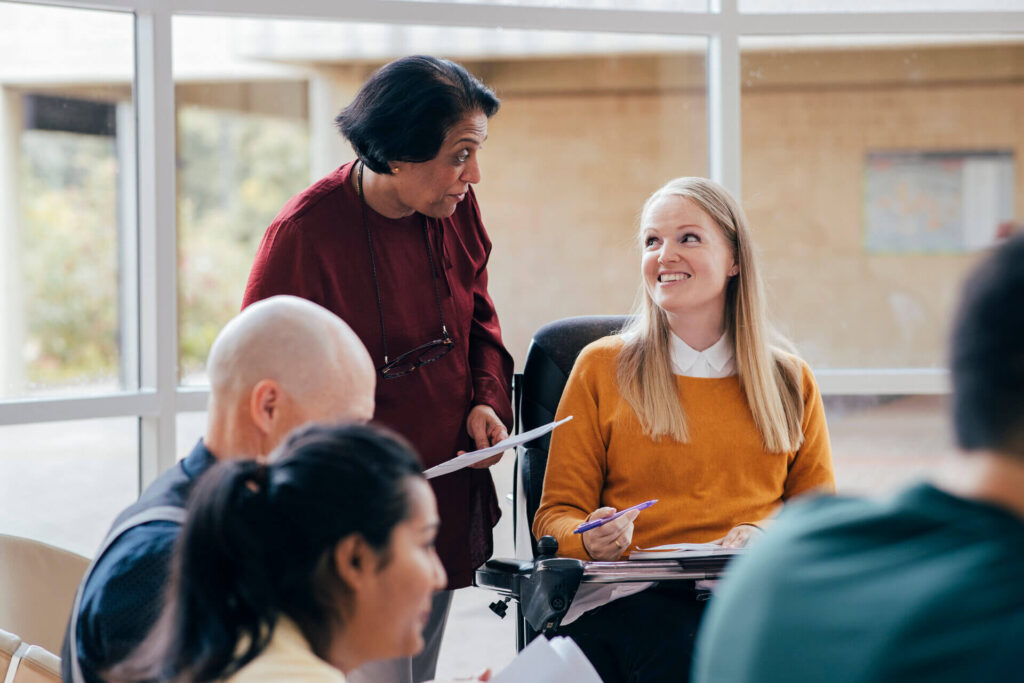
In a recent accolade that speaks volumes about dedication and expertise in the field, the Australian Society of Rehabilitation Counsellors has featured one of our very own, Colleen, in a special article.
With a career spanning a decade, Colleen has been a driving force in the realm of rehabilitation counselling, particularly renowned for her compassionate approach to handling psychological injuries.
Now, as the National Operational Excellence Lead supporting Acumen Health and Interact Injury Management, Colleen continues to redefine industry standards in service delivery, governance and compliance.
In this article, we delve into Colleen’s rich experiences and insights, as she shares her journey and the invaluable lessons she’s learned along the way.
Join us in celebrating a true trailblazer in the field of rehabilitation counselling.
Colleen has been a rehabilitation counsellor for 10 years, during which time she’s been exposed to multiple schemes, working to improve the quality of life for injured and ill Australians.
Her speciality and passion has always been psychological injury.
In her current role as National Operational Excellence Lead supporting Acumen Health and Interact Injury Management, Colleen drives best practice in service delivery, governance, quality and compliance, delivering occupational rehabilitation and providing her the opportunity to lead the development of learning modules.
Colleen is also the lead for Veterans Experience across the country.
We sat down with Colleen to chat about the next generation of RCs, building a team, and teaching old dogs new tricks.
ASORC: What drew you to this career?
Colleen: I sustained an injury which prevented my ability to work, and this caused contemplation around what and who supports those return to work/life.
I undertook some research, and given my already established interest in psychology, rehabilitation counselling stood out.
From there I enrolled in the post-graduate diploma via La Trobe and since then I’ve dedicated my career to helping others overcome injuries and achieve their goals to return to life.
What is this best thing about your role?
Genuinely supporting someone who has had a life changing experience through injury or condition development.
To see them recover to their pre-injury level of function or improve their quality of life is amazing.
Also, imparting my experience to support the development of others, and to facilitate their understanding of the critical role we have in the midst of our clients’ most challenging periods of their life.
How does a supervision role in ASORC modify your role?
Having a supervision role allows for the provision of insights into current practice as a rehabilitation counsellor and allows me to influence future leaders’ development.
Why do you feel it’s important to help develop the next generation of RCs?
The role of a rehabilitation counsellor is critically important in facilitating another person’s recovery, or return to health, or goal achievement.
Given the longevity of my career and the passion I have for it, it’s important to give back by coaching and mentoring the next generation of rehabilitation counsellors.
I also hope that this creates a positive experience and helps them to understand the impact they can have on another individual.
In addition, the low numbers of new RCs entering the industry is a concern and I am committed to supporting those that have chosen this fantastic pathway.
How do you enhance and develop the skills of existing RCs when they might be not as open to learning as the new generation?
The role of an RC continues to change in a market that refers tougher cases to be supported.
I like to take a collaborative approach, understanding motivations and needs in order to enhance and develop skills is meaningful for the existing RCs.
From here, once the learning program is launched, I’II continue to seek feedback to ensure that it’s current, it’s reflective of need, it’s to the level required and that there is direct application to service delivery.
Finally, I’ll seek to understand the current research and applications of it and share this with senior RCs.
What tips would you give for other RCs who are mentoring or leading teams?
Primarily just being aware of people’s learning styles and adapting the mentoring arrangement to suit this gives them the best chance of success through a program.
Leadership follows a similar pattern; having an understanding of staff profiles and adapting your leadership style to ensure needs are being met, and we are able to gain the best from them as well as ensure their best experience with the organisation.



